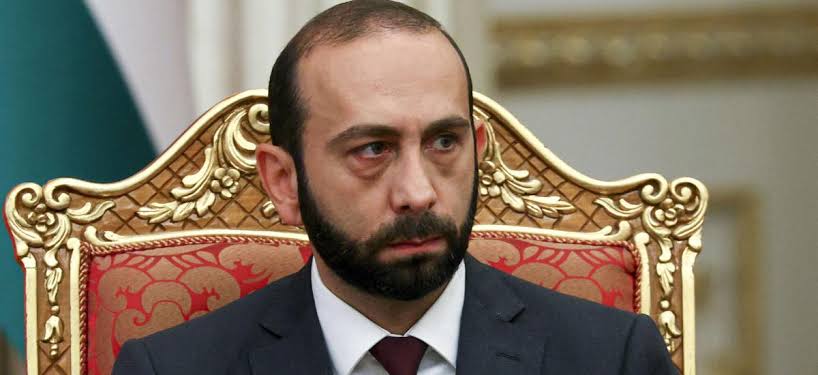Armenia’s Foreign Minister Ararat Mirzoyan reiterated concerns over Azerbaijan’s hesitance to acknowledge Armenia’s borders through a bilateral peace pact, appearing to contradict Prime Minister Nikol Pashinyan’s recent assertions.
Pashinyan had previously stated that Armenia and Azerbaijan affirmed each other’s territorial integrity with their signatures, referencing a contentious agreement aimed at delineating their shared border.
However, the agreement, which entails Armenia relinquishing four disputed border areas to Azerbaijan without receiving any territorial concessions in return, sparked outrage among residents of Armenian border villages adjacent to those regions.
Pashinyan and his supporters argue that this unilateral concession aims to diminish the risk of future conflicts with Azerbaijan, highlighting the use of the 1991 Alma-Ata declaration as a framework for border delineation.
Despite repeated affirmations by leaders regarding mutual recognition of territorial integrity based on the Alma-Ata Declaration, Mirzoyan noted that Azerbaijan remains unwilling to explicitly reference it in the draft peace treaty.
He emphasized that resolving this issue within the context of the peace treaty could pave the way for its signing. Mirzoyan’s remarks followed the receipt of new Azerbaijani proposals on the peace accord, with expectations of a meeting between Armenian and Azerbaijani diplomats in Kazakhstan soon.
Azerbaijani President Ilham Aliyev asserted that treaty negotiations were based on a document prepared by Azerbaijan, while also highlighting the border agreement announced in April. Opposition figures in Yerevan argue that Pashinyan’s concessions could expose Armenia to further Azerbaijani aggression, contending that Aliyev harbors no intentions of recognizing Armenia’s borders.




